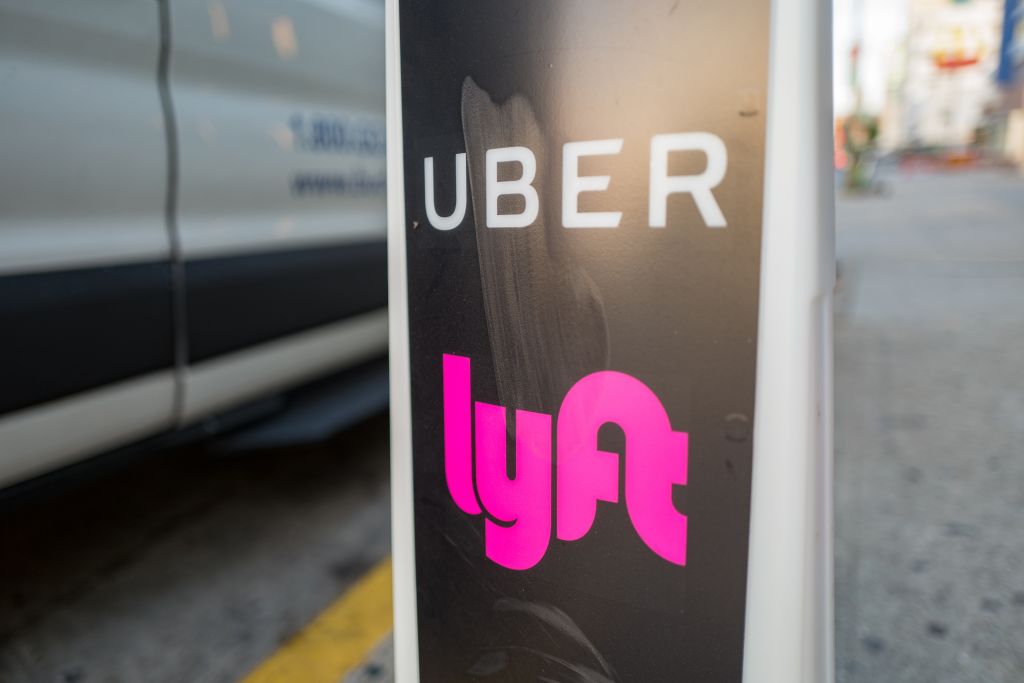Lyft wants to kill surge pricing.::The number of Lyft rides that were affected by surge pricing dropped 35% from the first quarter, according to CEO David Risher.
As long as they can get enough drivers during peak hours it shouldn’t be an issue. However, from what I underderstand, the entire point is to somewhat suppress rider demand and increase driver supply during peak hours so that anybody who actually needs a ride can get it, rather than a number of people sitting in tortuous long queues.
I used to work at U-Haul. In a collage area. U-Haul refused to adjust prices for a couple critical weeks twice a year. So people would have to drive 90min+ to get a truck that was the wrong size.
It was great being yelled at by people all day.
Adjusting prices wouldn’t have gotten you more trucks, would it? Ostensibly you’d still have just as many people that couldn’t get a truck or had to travel. There was a spike in demand that wasn’t being met.
But if people knew up front they weren’t getting a truck, they could make other plans. Instead they only found out the day before their move, that they were screwed.
In the case of Lyft, what’s better: Knowing you’ll be able to get a ride for 2-3x the price? Or finding out while standing on the curb, your normal priced ride won’t be there for an hour or two?
If there’s more money to be gained that week management has a good reason to work a little harder to have all of their trucks on the road at that time, or even find another source to rent them from temporarily
This is the best summary I could come up with:
Lyft has been cutting fares in order to secure more riders, and it’s working.
That discrepancy was fueled by a decision by the company to “price in line with the market,” according to CEO David Risher.
During Tuesday’s earnings call, Risher said that surge pricing might work to incentivize more drivers during peak service, but it also acts as a demand suppressor when riders don’t want to pay exorbitant fees just to get home after work.
Lyft’s driver supply is the highest its been in three years (up more than 20% year-over-year) and the average hours per active driver has reached a new high above 2019 levels, according to a spokesperson for Lyft.
Risher noted that this has helped the share of rides affected by surge pricing drop down 35% from the first quarter.
At least in the short term, ditching surge pricing might serve as a differentiator for Lyft as it continues to compete with its so-called “big brother” Uber.
I’m a bot and I’m open source!
As great as this sounds for riders, I don’t think it makes good operational sense. I guess they can always try it and switch back if it turns out not to work.
Lyft only has 20k riders in a quarter? That can’t be right
“Lyft defines Active Riders as all riders who take at least one ride during a quarter where the Lyft Platform processes the transaction. An Active Rider is identified by a unique phone number. If a rider has two mobile phone numbers or changed their phone number and such rider took rides using both phone numbers during the quarter, that person would count as two Active Riders. If a rider has a personal and business profile tied to the same mobile phone number, that person would be considered a single Active Rider. If a ride has been requested by an organization using our Concierge offering for the benefit of a rider, we exclude this rider in the calculation of Active Riders, unless the ride is accessible in the Lyft App.”
It looks like the numbers pulled into the original post are from the table in the link you provided, which states that the number of riders is represented “in thousands”, meaning that Lyft had ~20 million riders.
Ah that link makes it clear. The number is in 1000s.






